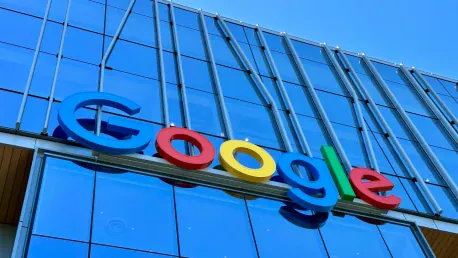The substantial antitrust trial involving Google and the United States Justice Department has attracted significant attention due to its implications for the online advertising industry and its broader ramifications for digital market regulation. In this legal confrontation, the Justice Department has accused Google of monopolizing the online advertising technology market, raising fundamental questions about how these markets should be defined and regulated. The crux of the dispute lies in determining whether the technologies powering online advertisements represent a single, expansive market or several distinct ones. This determination is crucial for Google’s defense strategy, as a broader market definition could help the company argue against the monopoly claims.
Karen Dunn, representing Google, contends that the government’s endeavor to narrow this market definition is a strategic attempt to exclude potential substitute services. By narrowing the market, the DOJ aims to bolster its argument that Google holds monopolistic power. Dunn argues that the Justice Department’s accusations are fragmented, portraying an inaccurate picture of the competitive landscape. On the other hand, the DOJ maintains that Google has unlawfully monopolized three critical segments within the online ad tech space: publishing ad servers, ad exchanges, and advertiser ad networks. These technologies play a pivotal role by automating ad sales, evaluating viable opportunities, and executing real-time auctions through sophisticated algorithms.
Defining the Market: A Core Battle
The major antitrust trial between Google and the U.S. Department of Justice has attracted widespread attention due to its potential impact on the online advertising industry and broader digital market regulation. The DOJ accuses Google of monopolizing the online ad tech market, raising crucial questions about how these markets should be defined and regulated. Central to the case is whether the technology behind online ads constitutes a single, expansive market or several distinct ones. This decision is essential for Google’s defense, as a broader market definition could weaken monopoly claims against it.
Karen Dunn, Google’s attorney, argues that the government’s attempt to narrow the market definition is a tactic to exclude possible substitute services, thereby strengthening its monopoly argument. Dunn claims the DOJ’s accusations paint a fragmented and inaccurate picture of the competitive landscape. Conversely, the DOJ insists that Google has unlawfully monopolized three vital segments within online ad tech: publishing ad servers, ad exchanges, and advertiser ad networks. These technologies are crucial for automating ad sales, assessing opportunities, and executing real-time auctions using advanced algorithms.









